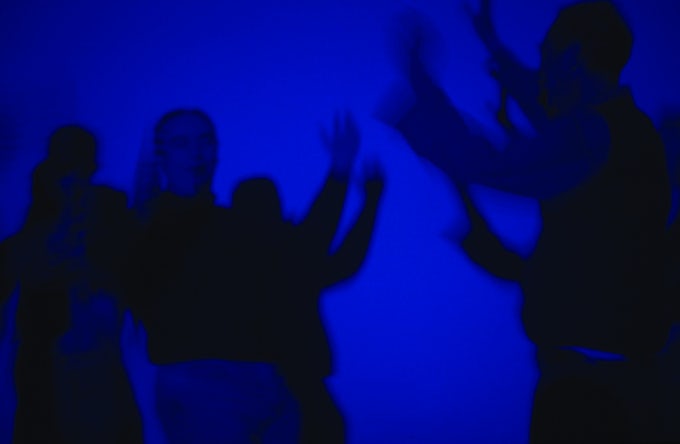Dark Matter, or the Infinite Reservoir of Black Swans

With reference to a recent history of exceptional events, curator Nav Haq argues for the unique role of art in shining light on the dark matter of perception. Featuring the work of Shilpa Gupta, Derek Jarman, Jeremy Deller, Nam June Paik, Robert Cailliau, Sergey Kuryokhin and Sergey Sholokhov.



